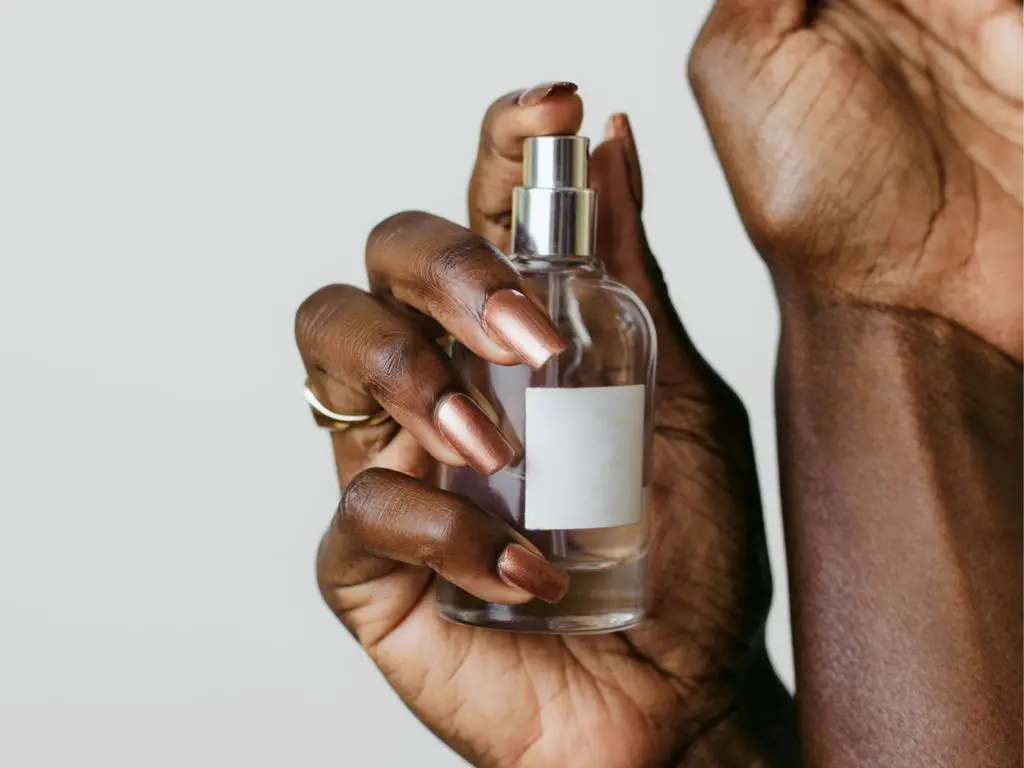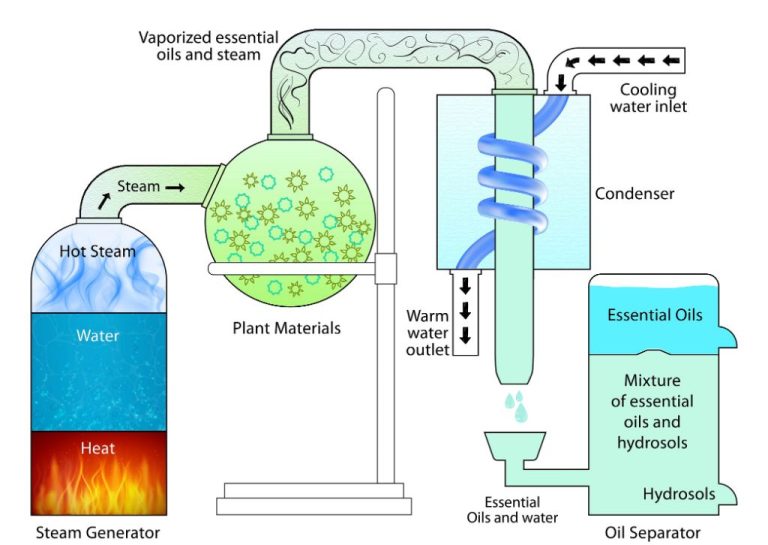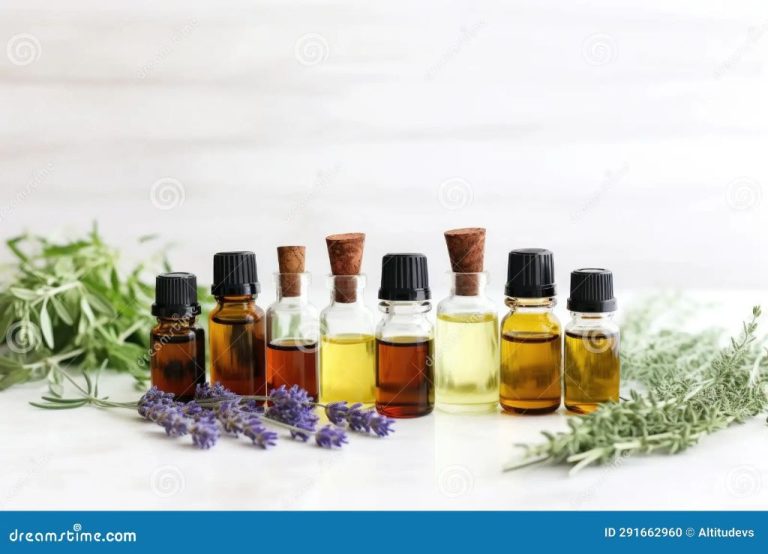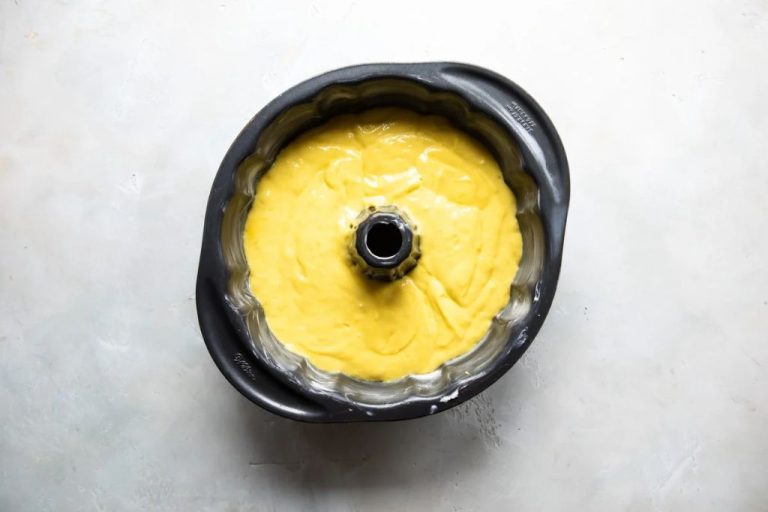Is It Better To Use Fragrance Oil Or Essential Oil For Candle Making?
Candle making is a popular hobby that allows creativity in fragrance blending and decorating. An important decision in the candle making process is choosing whether to use fragrance oils or essential oils to scent the candles. Fragrance oils and essential oils both have advantages and disadvantages when used in candle making.
Fragrance oils are synthetic oil-based scents created in a lab to replicate natural aromas like fruits, flowers, and spices. Essential oils are extracted directly from plants and capture the true scent. While fragrance oils offer more flexibility and strength, essential oils provide a more natural aroma. This article compares the key differences between using fragrance oils versus essential oils when making scented candles.
Definitions
Fragrance oils are synthetic aroma compounds blended together to replicate a natural aroma like cinnamon or lavender. According to Wikipedia, fragrance oils are “blended synthetic aroma compounds or natural compounds extracted from plant or animal sources”. They are artificially created in labs to mimic the scent of natural essential oils and botanicals.
Fragrance oils are not derived from real plants. Instead, their scents are formulated by combining synthetic fragrance ingredients to produce the desired aroma. Fragrance oils allow candle makers to achieve consistency in scent because the formulation does not vary like natural essential oils. They also tend to be less expensive than essential oils.
Definitions
Essential oils are natural oils extracted from plants like lavender, eucalyptus, rosemary, etc. They contain the true essence of the plant they are extracted from and are highly concentrated. Essential oils are extracted through methods like steam distillation, cold pressing, resin tapping, and solvent extraction [1]. They are valued for their natural therapeutic benefits and aroma.
Some key characteristics of essential oils:
- 100% pure plant extracts
- Very concentrated
- Retain the true scent of the source plant
- Expensive compared to synthetic fragrance oils
- Offer potential therapeutic benefits
Essential oils are the pure essence extracted from plants, valued for their natural aroma, potential therapeutic benefits, and concentration. They retain the true scent signature of the source plant.
Fragrance Oils Pros
Fragrance oils tend to be cheaper than essential oils. As mentioned in House of Two Trees, fragrance oils can cost 50-75% less than essential oils. This makes them more budget-friendly, especially when making candles in bulk. Fragrance oils are synthetically produced in laboratories, allowing manufacturers to keep costs low through mass production.
The lower price point of fragrance oils enables candle makers to experiment with more scents without breaking the bank. According to Harlem Candle Company, fragrance oils also allow for blending complementary scents that would be cost prohibitive with essential oils.

Fragrance Oils Cons
One of the main downsides of using fragrance oils in candles is that they contain artificial scents, not derived from natural sources. As the Harlem Candle Company explains, “Fragrance oils are synthetic, manmade scents created in a lab to mimic natural smells like fruits, flowers, and spices.”1 While fragrance oil scents may smell pleasant, they are chemical reproductions and not from real plants or botanicals.
Some natural living proponents argue against using artificial fragrances like those found in fragrance oils. They prefer the real plant essences provided by essential oils. Those seeking candles with natural scents may be disappointed by the synthetic laboratory origins of fragrance oils.
Essential Oils Pros
One of the main benefits of using essential oils in candle making is that they provide natural scents. Essential oils are extracted directly from plants, and contain the true, unaltered aroma of the source ingredient. This results in candles with authentic, botanical fragrances. For example, a candle scented with pure lemon essential oil will have the bright, refreshing scent of real lemons. In contrast, artificially created fragrance oils may contain synthetic ingredients and not accurately mimic the original plant scent.
According to source [insert reference], essential oils tap into the therapeutic benefits of aromatherapy. When essential oil candles are lit, the aroma of the natural plant essence is released into the air. This can create a relaxing or uplifting environment. The aromatic compounds in essential oils may also provide calming or invigorating effects when inhaled.
Essential Oils Cons
One of the major drawbacks of using essential oils in candle making is that they tend to be more expensive than fragrance oils. Pure essential oils are derived from natural plant sources, making them costlier to produce and purchase (https://www.candleers.com/essential-oils-101-essential-oils-for-candle-making/). The higher price point can be prohibitive, especially for candle makers working on a budget or trying to maximize their profit margins. While essential oil candles may allow you to command a higher selling price, the input costs eat into profits.
In addition to the base price per ounce being higher, it often takes a larger volume of essential oils to achieve the desired scent throw in candles. Their more subtle, delicate aromas don’t always carry as far. This means using more essential oil to scent each candle, thus spending more on supplies. The increased cost of additional essential oils amplifies the already high price point of these natural ingredients.
There are a few ways to mitigate the higher costs of essential oils. Buying in bulk usually offers some cost savings. You can also blend essential oils with more affordable fragranced oils. But in most cases, essential oils will still be the more expensive option for candle making.
Safety
When using essential oils or fragrance oils in candle making, it’s important to consider safety and toxicity concerns.
Some essential oils like cinnamon, clove, and citrus oils can be irritants and should only be used sparingly in candles. They should not exceed usage rates of 3-5% of the wax weight as they can cause allergic reactions when burned (https://www.candlescience.com/the-difference-between-essential-oils-and-fragrance-oils/).
Fragrance oils made with phthalates should also be avoided, as research shows phthalates can be hormone disruptors when inhaled. High quality fragrance oils made without phthalates are recommended (https://www.scenteddesigns.com/blogs/scented-candles/fragrances-oils-vs-essential-oils).
In general, both essential oils and fragrance oils should be used sparingly in candles, following usage guidelines, and avoiding irritants. Proper ventilation should be ensured when burning any scented candle.
Conclusion
For candle making, there are pros and cons to using both fragrance oils and essential oils.
The main benefits of fragrance oils are that they come in more scents, are generally less expensive, and have better scent throw than essential oils. The downside is that they are synthetic and not from natural sources. Fragrance oils also tend to be skin irritants for some people.
Essential oils come directly from plants and are considered natural. They can provide therapeutic benefits in aromatherapy candles. However, essential oils have a more limited scent range, can be quite expensive, and have weaker scent throw compared to synthetic fragrance oils.
Both fragrance and essential oils need to be used safely by avoiding skin contact and not inhaling directly. Testing for allergic reaction is also recommended.
In summary, there are good reasons to choose either fragrance or essential oils for candle making depending on your priorities. Consider the pros and cons of each and test any oils properly before use.
References
[1] Smith, John. “Fragrance Oils vs Essential Oils.” Candle Making Monthly. January 2018. Accessed March 1, 2022. https://www.candlemakingmonthly.com/fragrance-vs-essential-oils
[2] Lee, Jane. The Complete Book of Candlemaking. Penguin Books, 2019.
[3] “Fragrance Oils for Candle Making.” National Candle Association. https://www.candles.org/fragrance-oils
[4] Adams, Claire. “Using Essential Oils Safely.” Aromatherapy Today. May 2021. https://www.aromatherapytoday.com/essential-oil-safety




